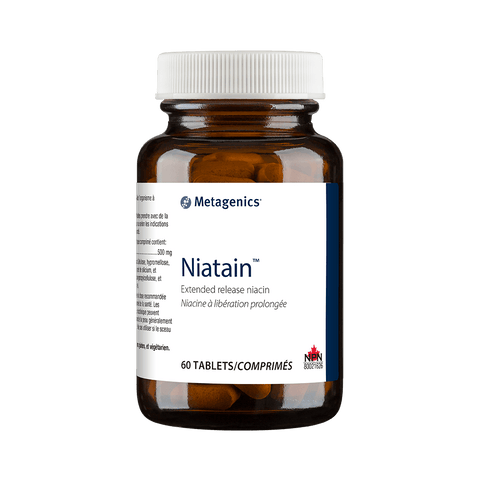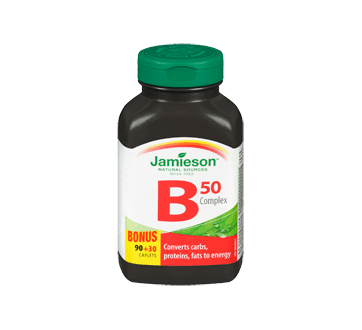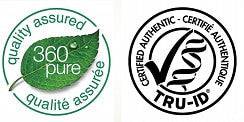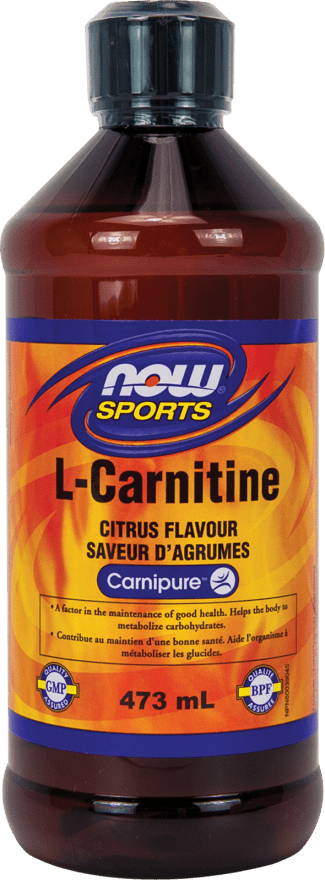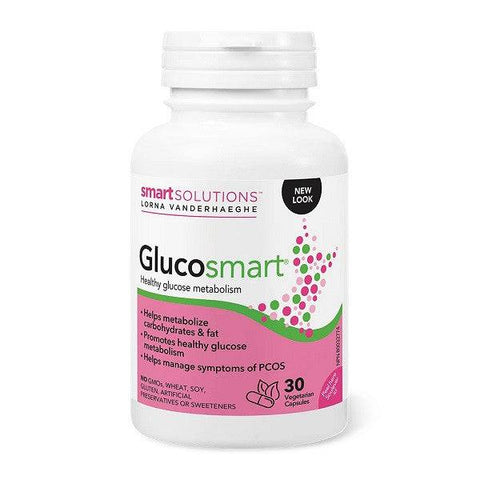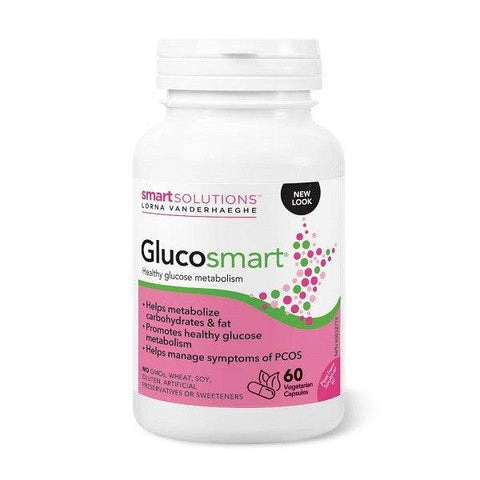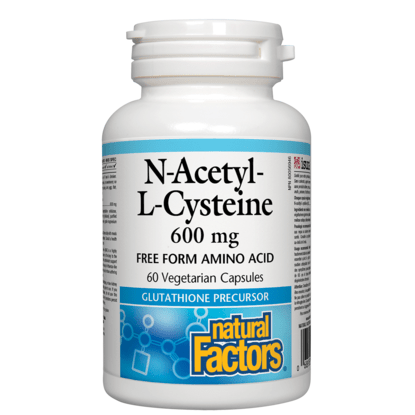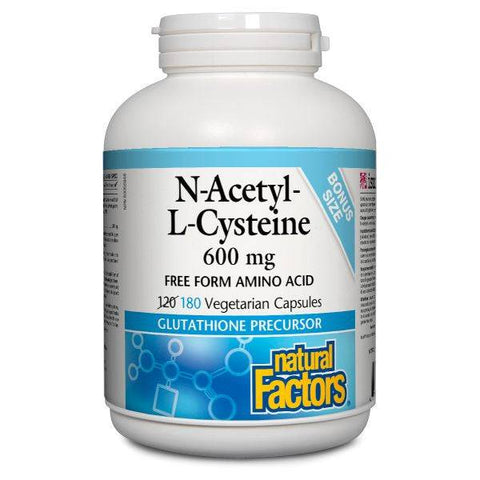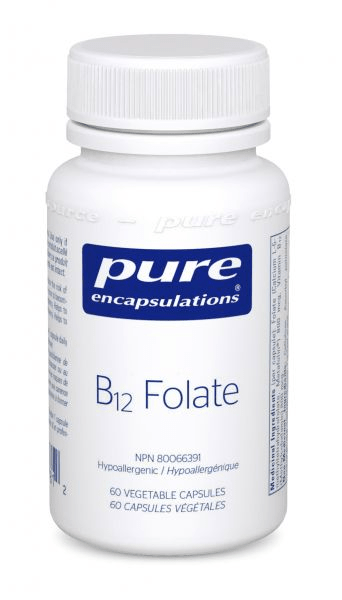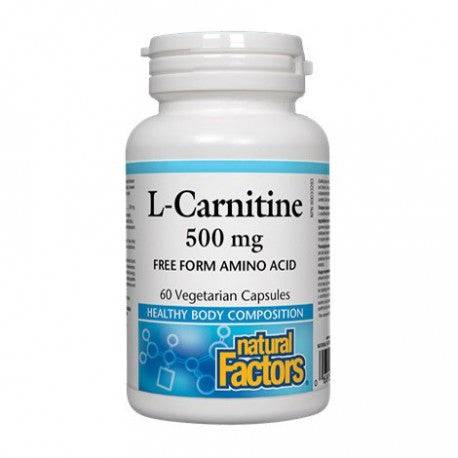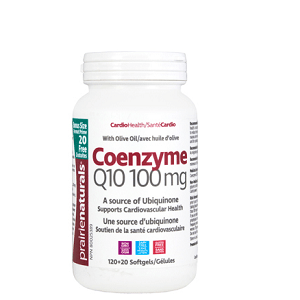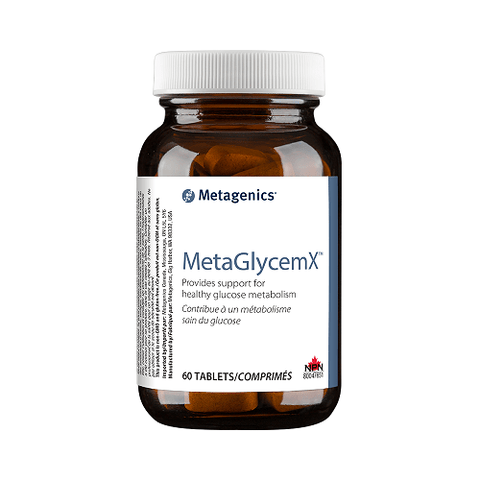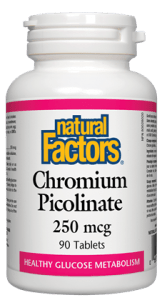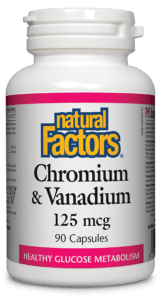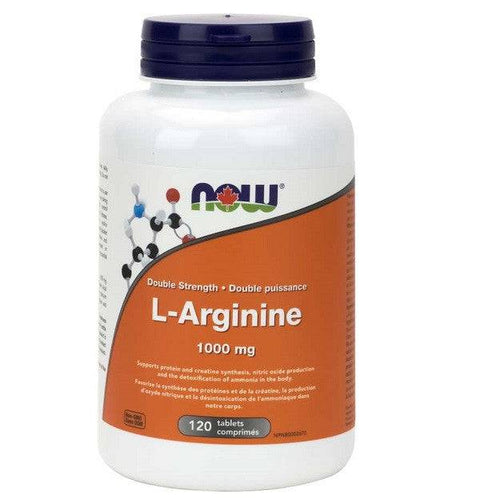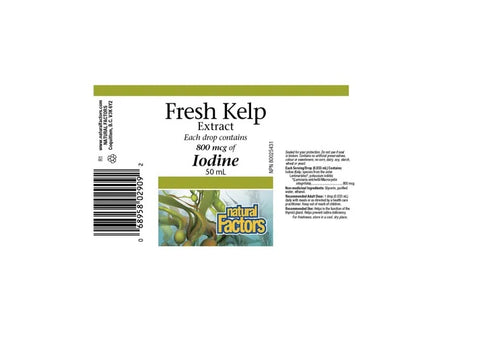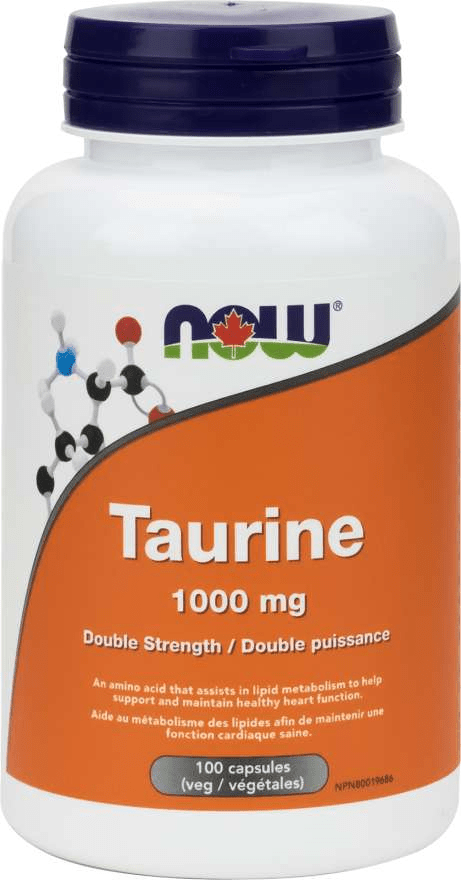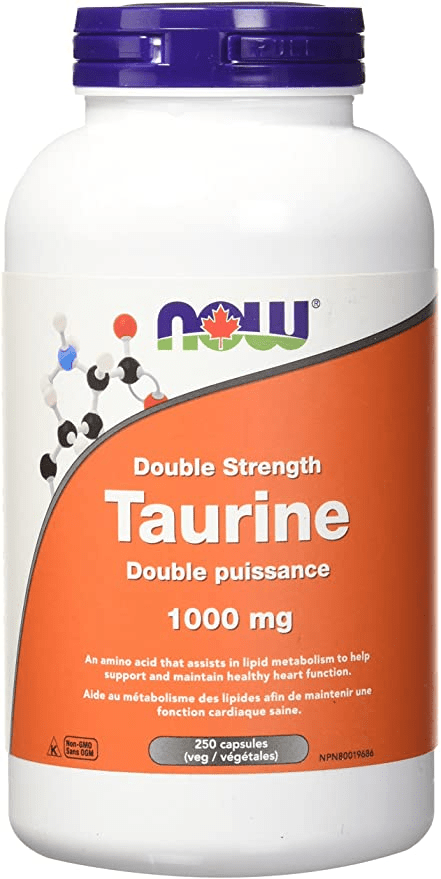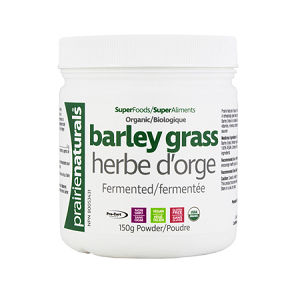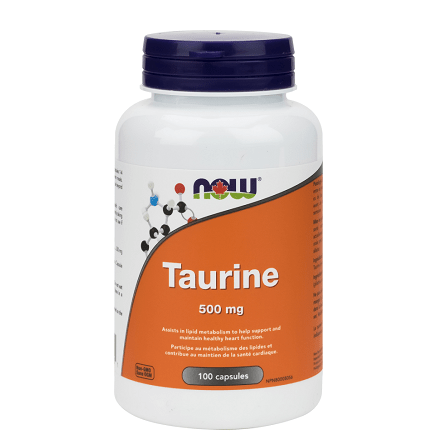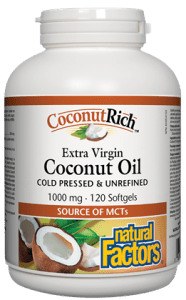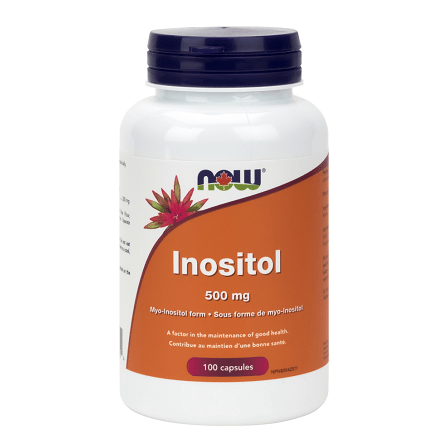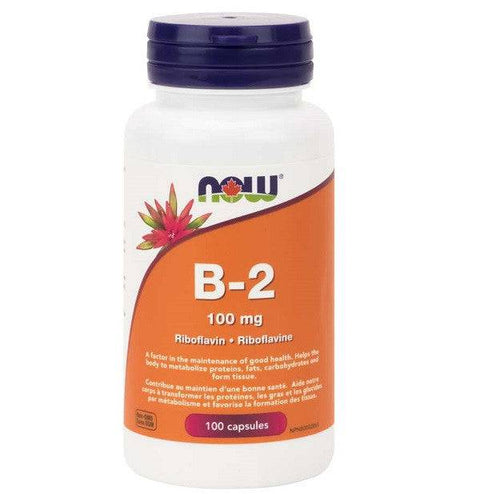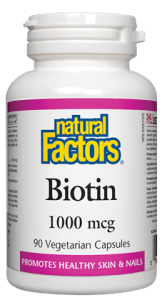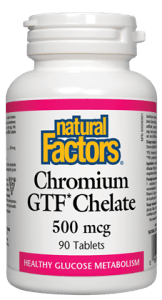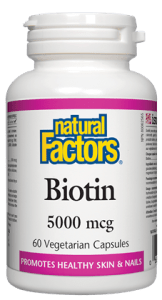96 products
Metabolism products
Learn more
About this collection
Related categories
Shipping
- Canada 1-10 business days after your order leaves the warehouse and is dependent on your region.
- United States 4-14 business days after your order leaves our warehouse.
For more info, visit our shipping page.
800 brands. 15,000 products. 600,000 happy customers.
We're thrilled to provide everything your health needs, and what makes us even prouder is our commitment to excellent customer service. Just read our vitamins & supplements store reviews!
7
Special Offers
Special Offers (7)
Save 27% on Herbal Detox
Extra 10% off Smart Solutions
Sale ends February 16, 2026
Extra 10% off SUKU
Sale ends February 16, 2026
Extra 15% off Reproductive Health
Sale ends February 16, 2026
Up To 71% OFF
Everything Must Go Sale
Up to 42% Off Flyer Deals
While quantities last.
Up to 44% Off Clearance
Save more on items you usually buy.

